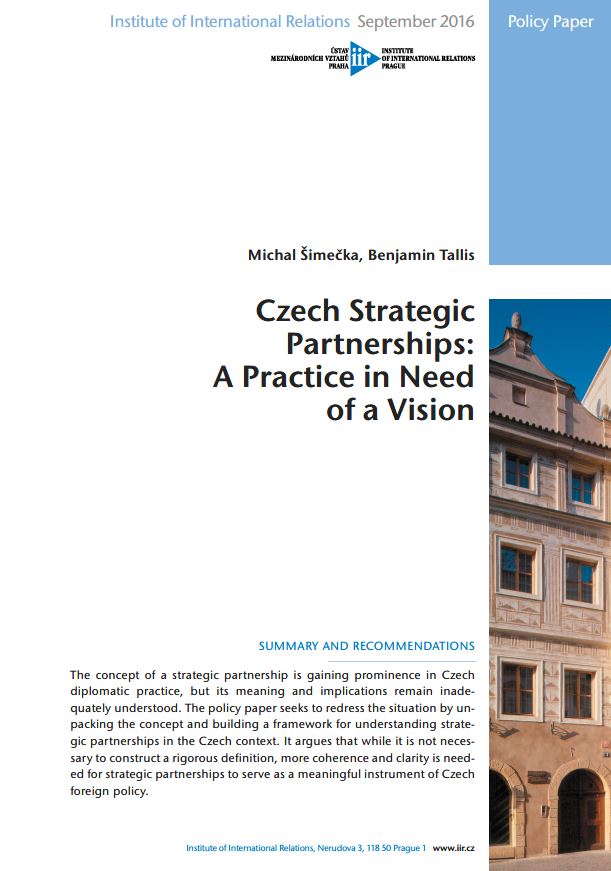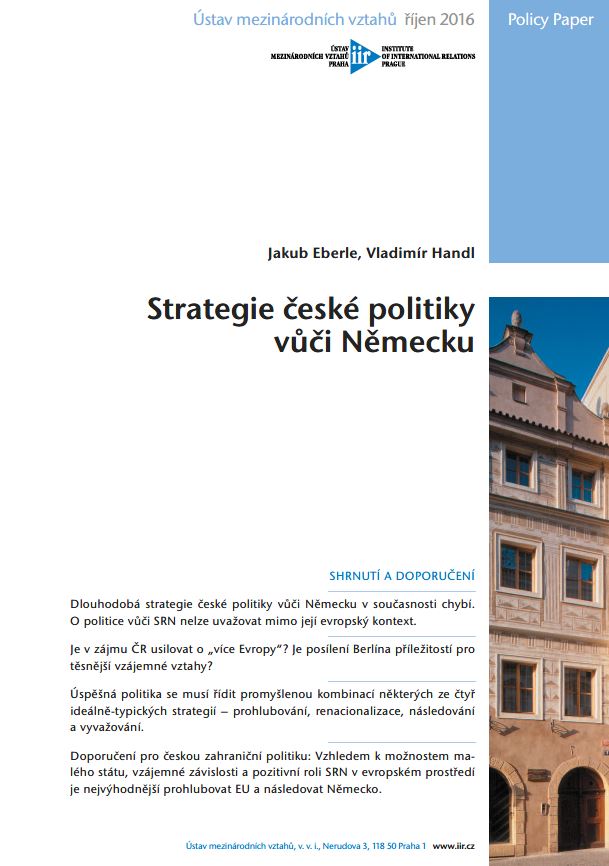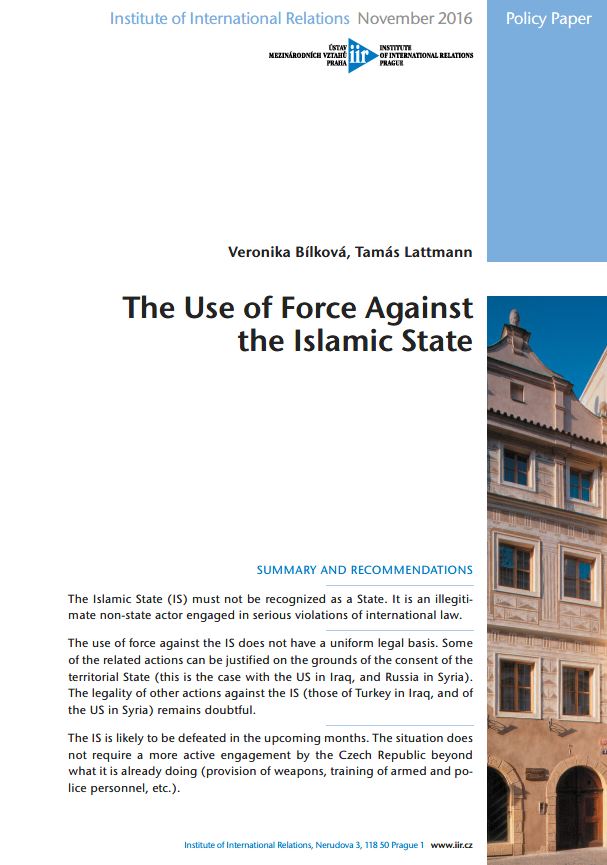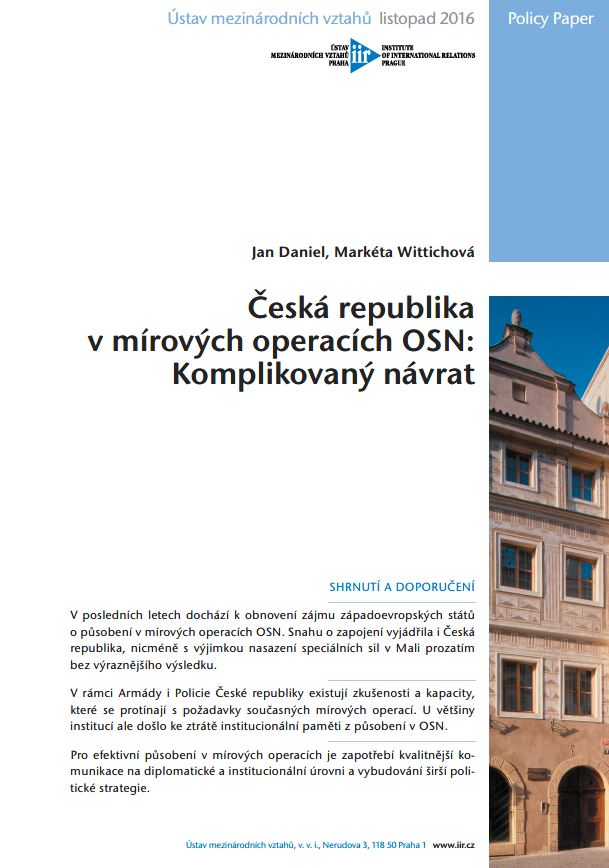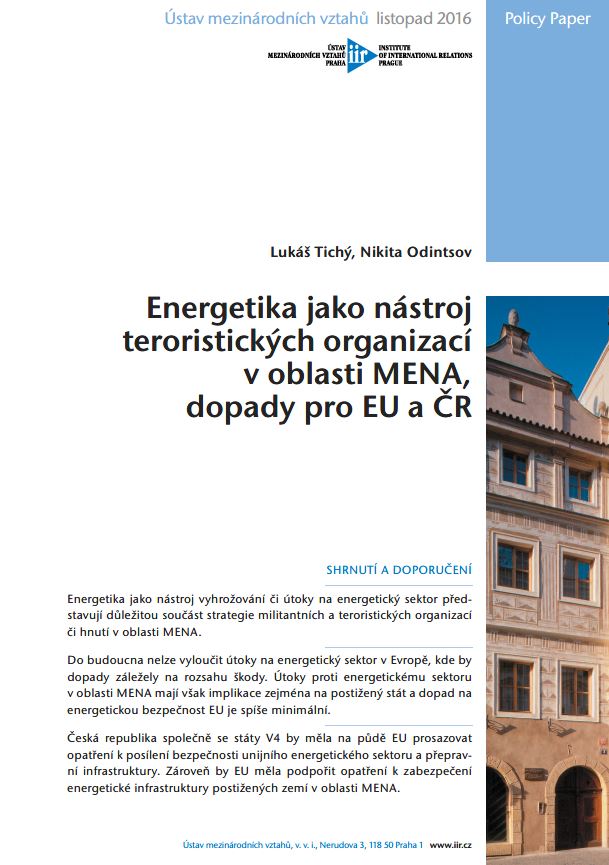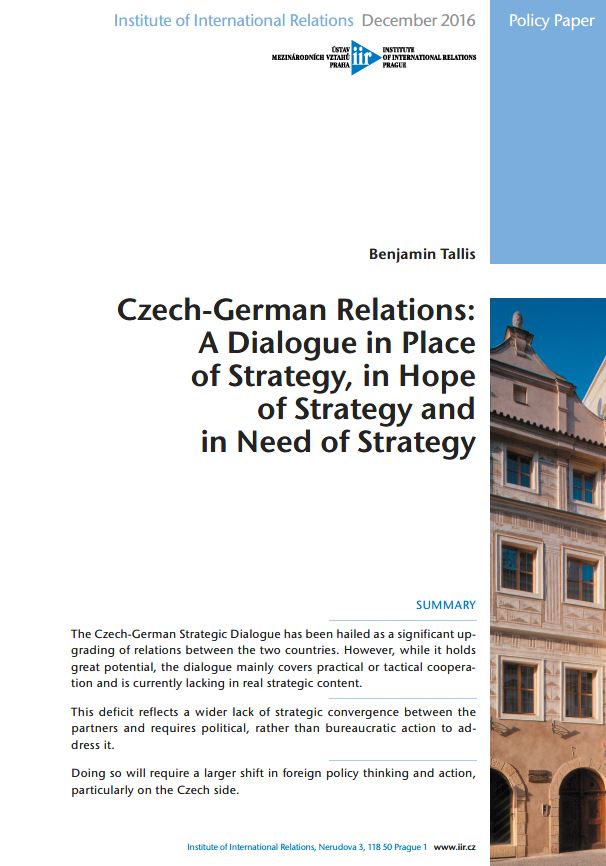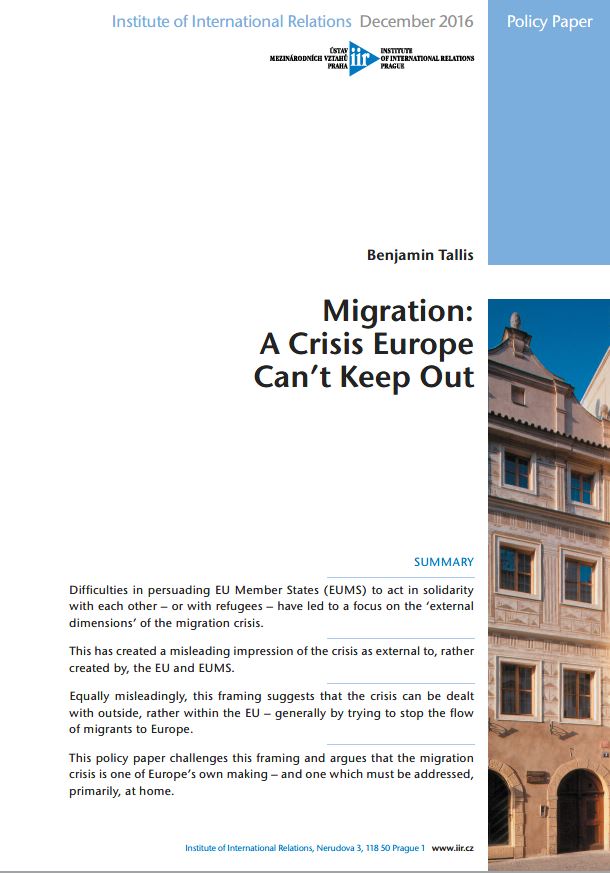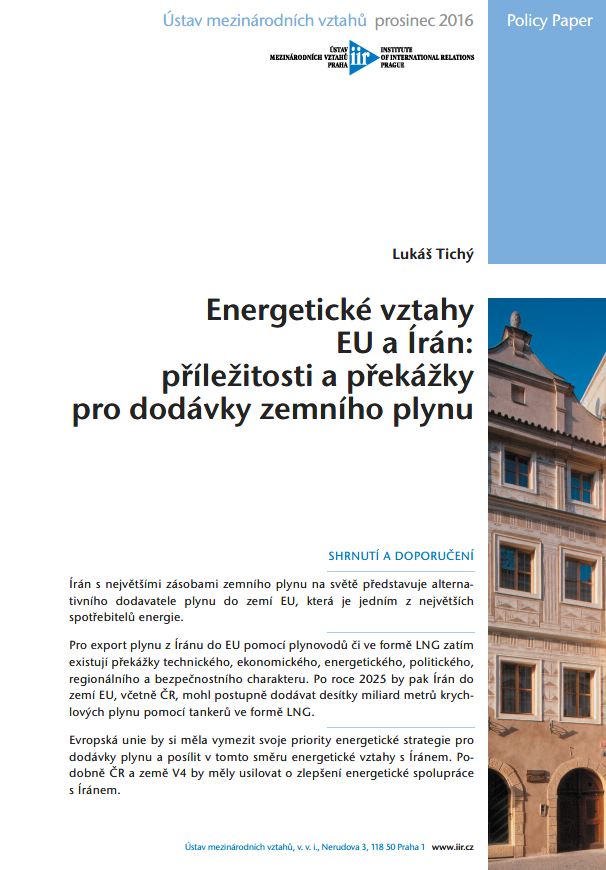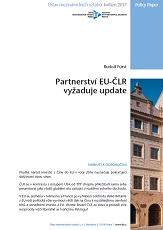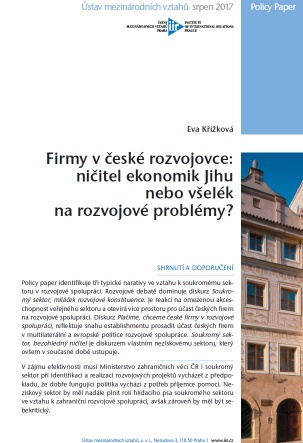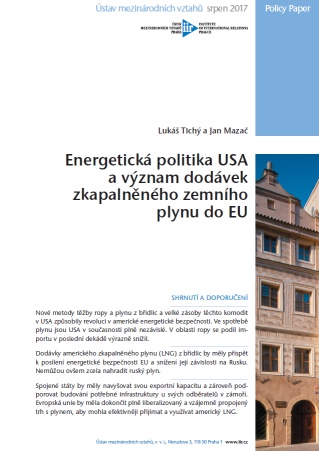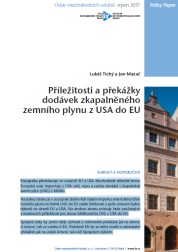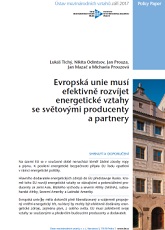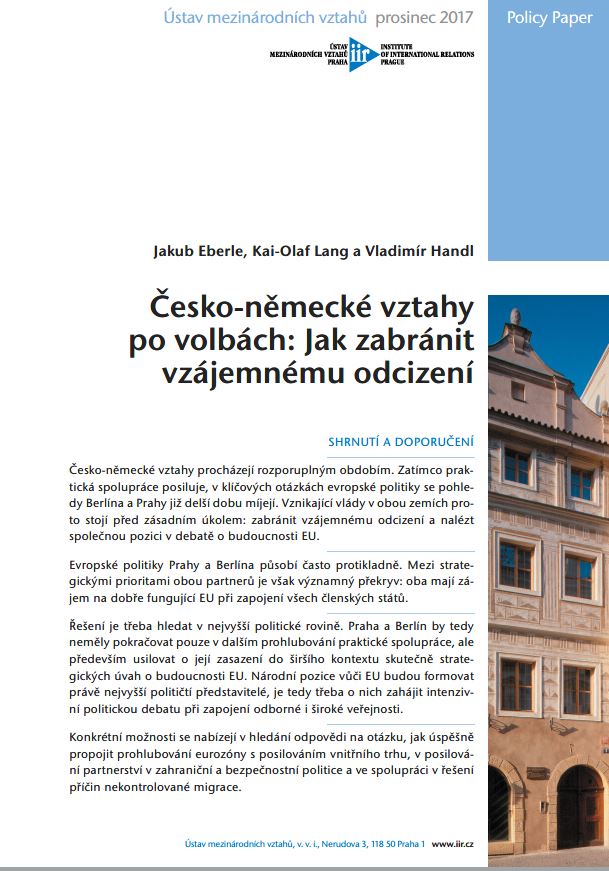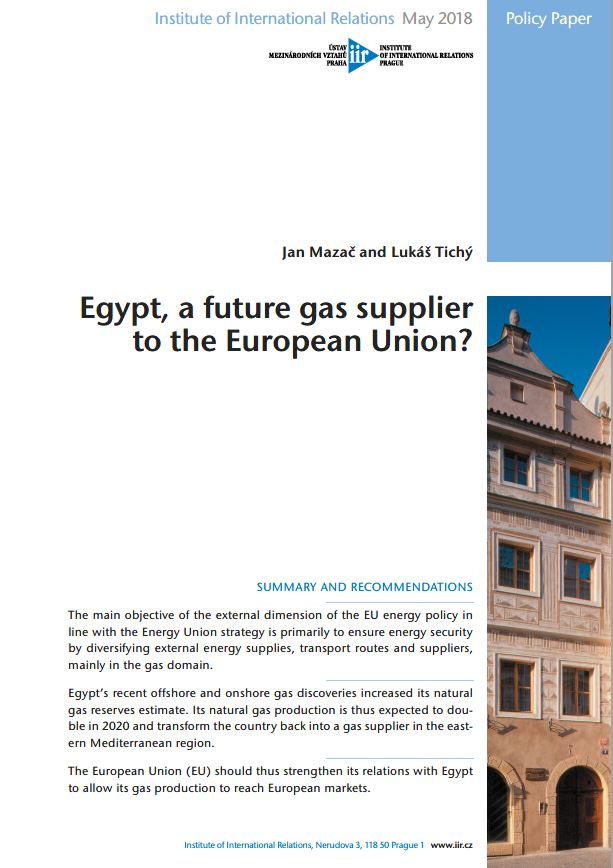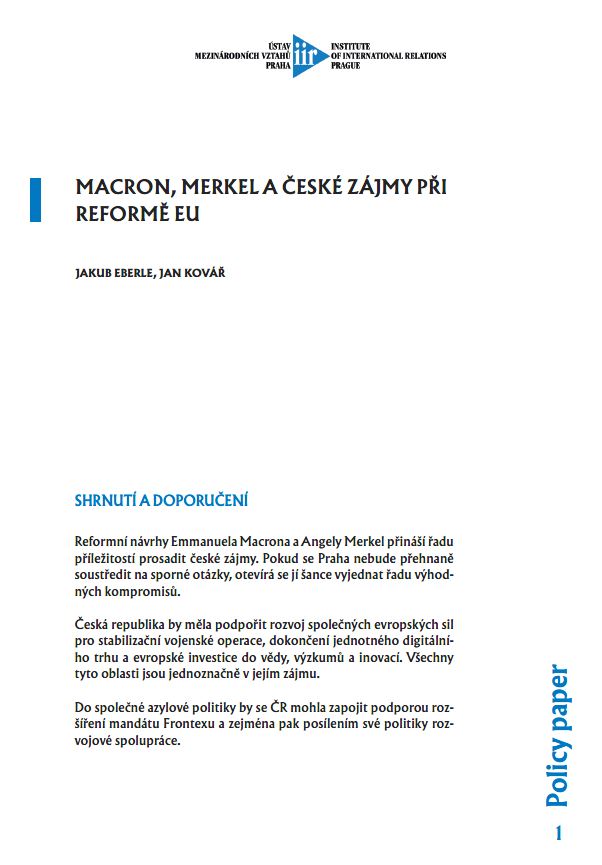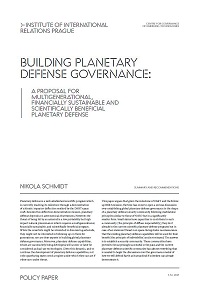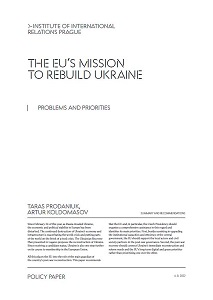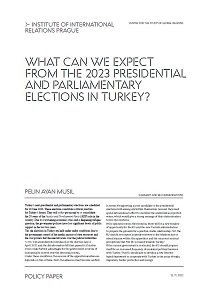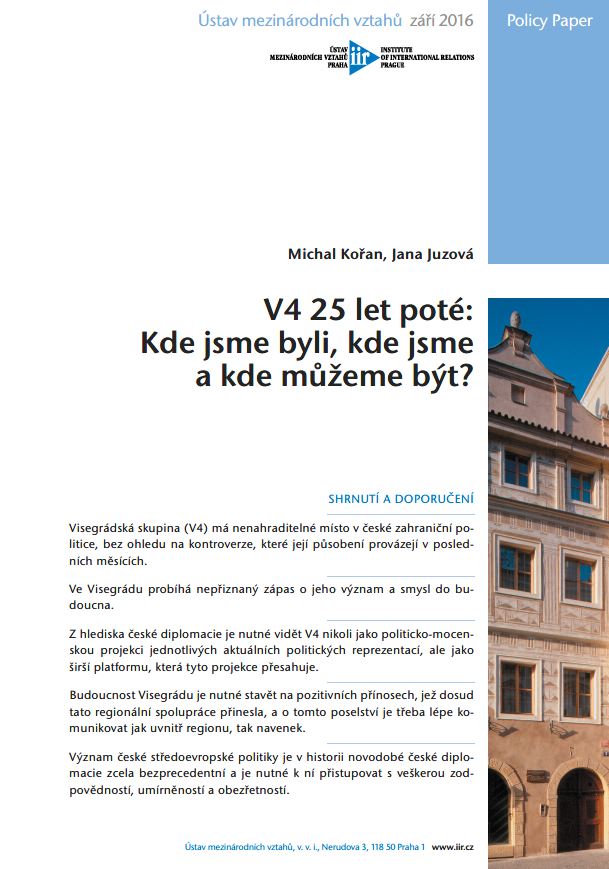
V4 25 years later: Where have we been where we are and where can we be?
V4 25 let poté: Kde jsme byli, kde jsme a kde můžeme být?
Keywords: Visegrad Group (V4); Czech foreign policy; regional cooperation; international relations; politics;
Visegrádská skupina (V4) má nenahraditelné místo v české zahraniční politice, bez ohledu na kontroverze, které její působení provázejí v posledních měsících. Ve Visegrádu probíhá nepřiznaný zápas o jeho význam a smysl do budoucna. Z hlediska české diplomacie je nutné vidět V4 nikoli jako politicko-mocenskou projekci jednotlivých aktuálních politických reprezentací, ale jako širší platformu, která tyto projekce přesahuje. Budoucnost Visegrádu je nutné stavět na pozitivních přínosech, jež dosud tato regionální spolupráce přinesla, a o tomto poselství je třeba lépe komunikovat jak uvnitř regionu, tak navenek. Význam české středoevropské politiky je v historii novodobé české diplomacie zcela bezprecedentní a je nutné k ní přistupovat s veškerou zodpovědností, umírněností a obezřetností.
More...
